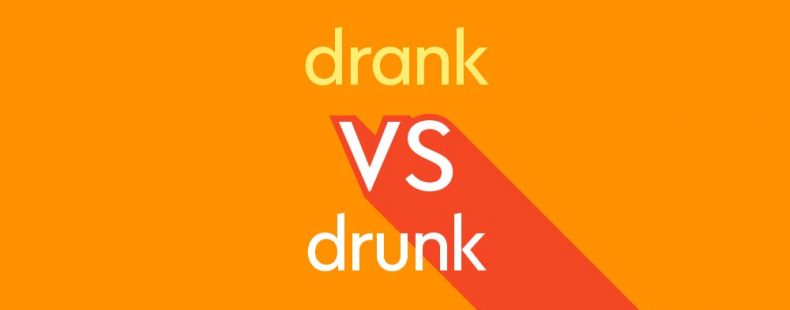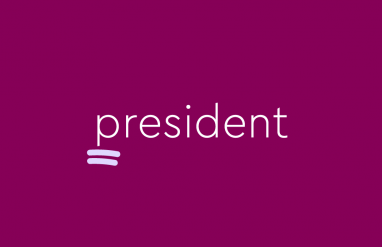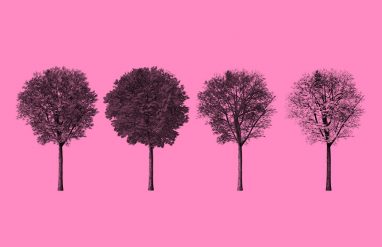Drink, drank, drunk. That’s easy enough to remember. But what’s the difference, and how should they each be used in a sentence?
In this article, we will explain why drink is an irregular verb, show how and when to correctly use the words drank and drunk, and provide examples of all three words being properly used in sentences.
⚡ Quick summary
Drank and drunk are forms of the irregular verb drink. Drank is the past tense form, as in I drank two glasses of water last night. Drunk is the past participle, as in She had drunk three cups of coffee before 9 a.m. The word drunk is also commonly used as an adjective meaning “intoxicated by alcohol.”
When to use drank or drunk
Drank and drunk are forms of the irregular verb drink. Drank is the past tense form and drunk is the past participle.
For example:
- I drank a cappuccino this morning.
- I have drunk my fill of lemonade this summer.
- She has never drunk hot chocolate before.
- My dogs drank a lot of water last night, and they have drunk a lot this morning too.
A verb is typically considered to be an irregular verb if its past tense and/or past participle is formed without using the standard -ed or -d endings used in regular verbs. This is the case with drink: instead of using drinked, different forms are used for the past tense (drank) and the past participle (drunk).
Because drunk is the past participle, it’s used with the auxiliary verbs have, has, and had to form the perfect verb tenses. The verb phrase has drunk is used with a third person singular subject (with the exception of singular they). The phrase have seen is used with any other subject, including first person singular/plural, second person singular/plural, and third person plural.
For example:
- He has drunk three cans of soda already.
- The kids have drunk all of the apple juice.
Like all other past participles, drunk is also the form we use when using drink in the passive voice. When used this way, it’s used with the various forms of the helping verb be.
For example:
- The magic brew must be drunk by a warlock.
- The entire barrel of grog was drunk by the pirates.
The word drunk is also commonly used as an adjective meaning “intoxicated,” both literally (meaning “intoxicated with alcohol”) and figuratively (as in drunk with power).
Similar verbs
Some other irregular verbs that end in -ink also follow the drink, drank, drunk pattern. For example, you can see this same pattern in the verbs sink (sank, sunk), stink (stank, stunk), and shrink (shrank, shrunk).
But be careful: not all verbs ending in -ink follow this pattern. The verbs blink, wink, clink, slink, link, and ink are all regular—their past tense and past participles are formed by simply adding -ed. And the verb think is irregular in a different way: its past tense and past participle form is thought.
Based on the pattern used for drink, sink, and others, some people may jokingly or mistakenly use these forms for similar verbs, such as by using thunk as a past tense or past participle of think.
Examples of drink, drank, and drunk used in a sentence
The best way to remember how to properly use drink, drank, and drunk is by seeing how they are used in the kinds of sentences you’ll encounter in real life.
- It’s relaxing to drink cocoa by the fireplace.
- They drank lots of water to stay hydrated during the long race.
- The thirsty puppy has already drunk two bowls of water today.
- I drank two energy drinks yesterday, and I have already drunk one this morning.
- The kids had drunk juice before the party, and then they drank more juice at the party, and then my parents let them drink more juice when they got home.
See how much you have learned with our quiz
Feeling good about your past tense forms? If so, you can take our quiz on these forms of the verb drink. You may surprise yourself with what you’ve learned!













